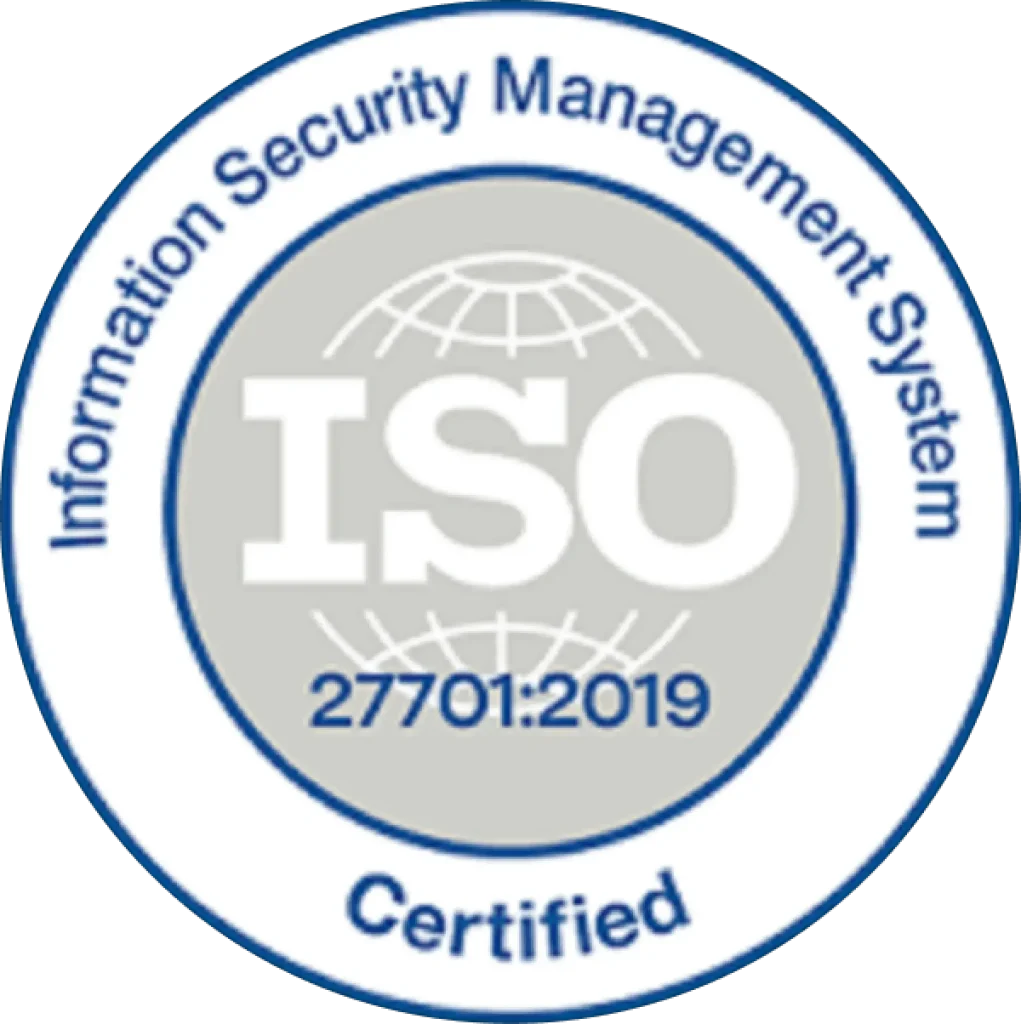Culture never fails to leave its impact on businesses and has always held its space during any important business propositions. Companies who have brought about positive changes in their work culture have hugely benefited by these practices.
In the last decade, almost every organization has undergone a change in its business culture and has gone through a tremendous transformation. That is because everyone believed the fact that ‘for long-term success of an organization the style of their management needs to be designed according to its culture.’ Modern companies didn’t fail to challenge the value of rigid corporate culture. In addition to that, they also embraced the modern ethos which promotes productivity and employee happiness.
How can you make it happen?

To give you some examples a company like Adobe encourages its employees to make their own decisions while avoiding micromanagement this helps them in gaining a sense of ownership while giving them a platform to explore their creativity which has created a culture where the employees are so dedicated that he work hard to keep up the trust the company has bestowed upon them.
However, a great workplace environment and culture are a very difficult upkeep. Even with the best intentions and efforts, it is a challenging task to just adopt the new culture especially if your employees come from other organizations. And there are few of those who do not buy into the culture change or tend to operate independently, slowing down the impact of any cultural initiative.
How is it related to Human Resources?
To understand this better let us look at the main relationships between recruiting and culture and the 3 major factors associated with corporate culture. They are all related to the employees they recruit.
- Attraction
- Selection
- Retention
If we see it from an attraction standpoint, primarily culture is all about the brand image of a company. Any organization that takes culture seriously will be able to market their culture to candidates actively. This can attract people and will make them thrive in the organization as well as it repels people who would be interested in showcasing their effective working.
These sorts of efforts can pay directly as well as indirectly to a company where they have an organized HR team who has streamlined and automated workforce. A recent study found that college students would accept an average of 7% less starting pay in order to work for companies that are with cultures they appreciate and value.
What is the expectation from employees?
We also have to understand that, there is no “one best culture.” But there are some cultures which are clearly more effective than the others. However, there is also a wealth of data which shows that a culture fit impacts employee retention as well as performance.
It is always good to fit into an aligned environment with your company’s stated cultural goals if you are expecting to grow your turnover. That’s because people would like to start their career or pursue their career expecting a certain culture. But if their expectations were not met, then they may leave.
Not only that, the another reason to recruit according to the culture is that while job demands and requisites to shifts, there should be a defining characteristic of culture which remains constant even in the phase of change.
Any candidate hired by an HR will be partly based on his/her fit with the organization’s culture since he/she is going to be a valuable resource for the organization. In fact, an effective organizational culture should help people to work together as well as that should help them to adapt the business changes.






